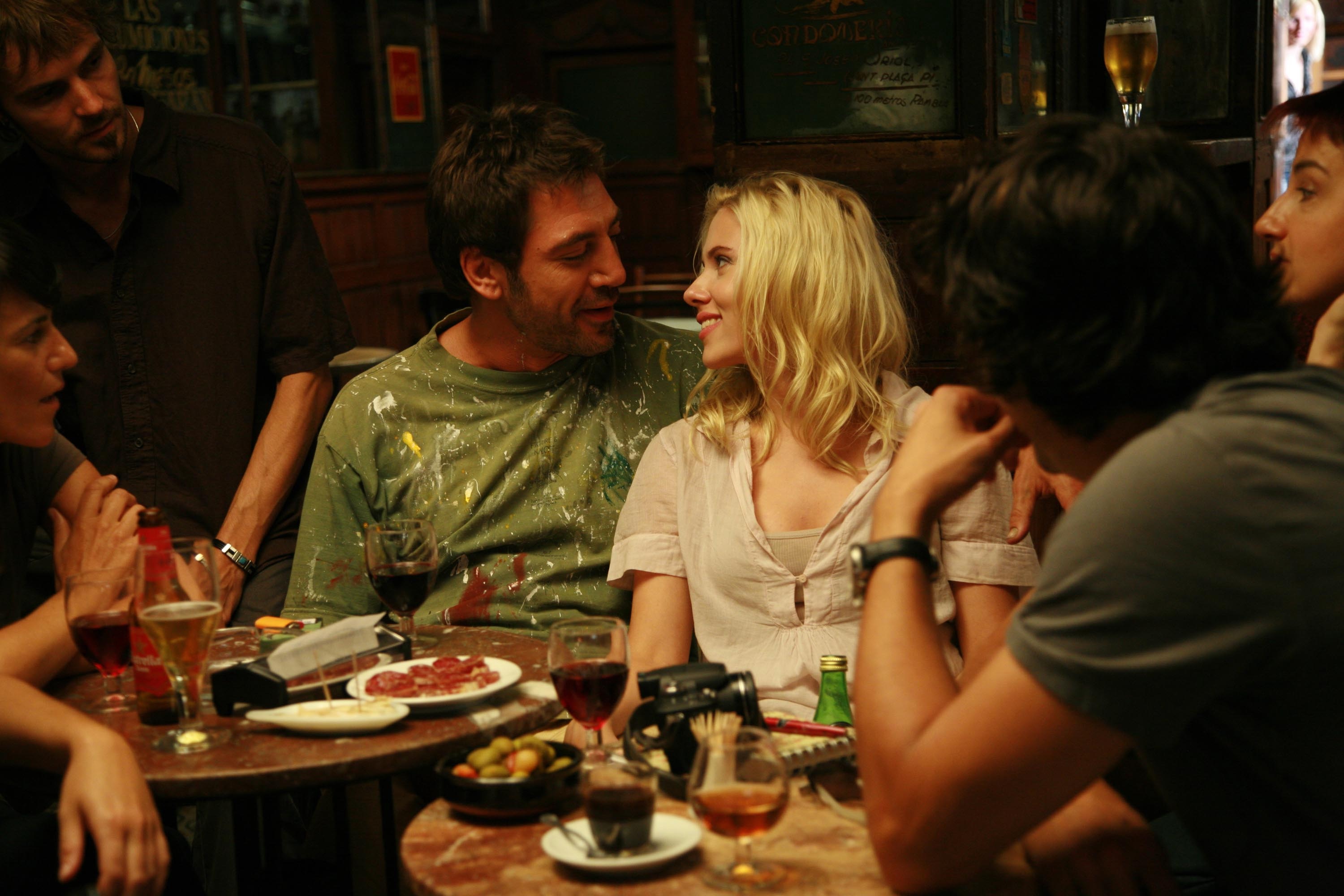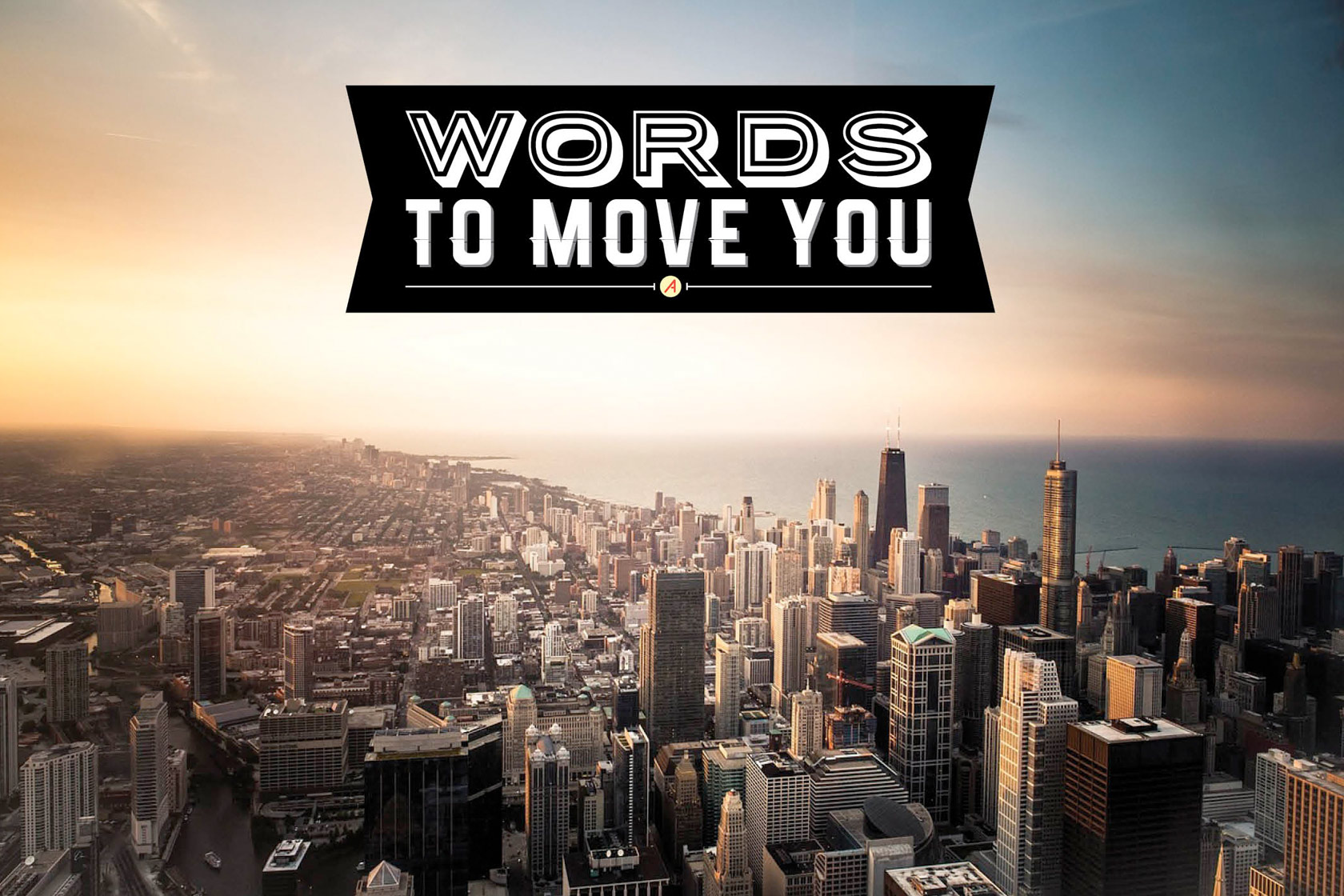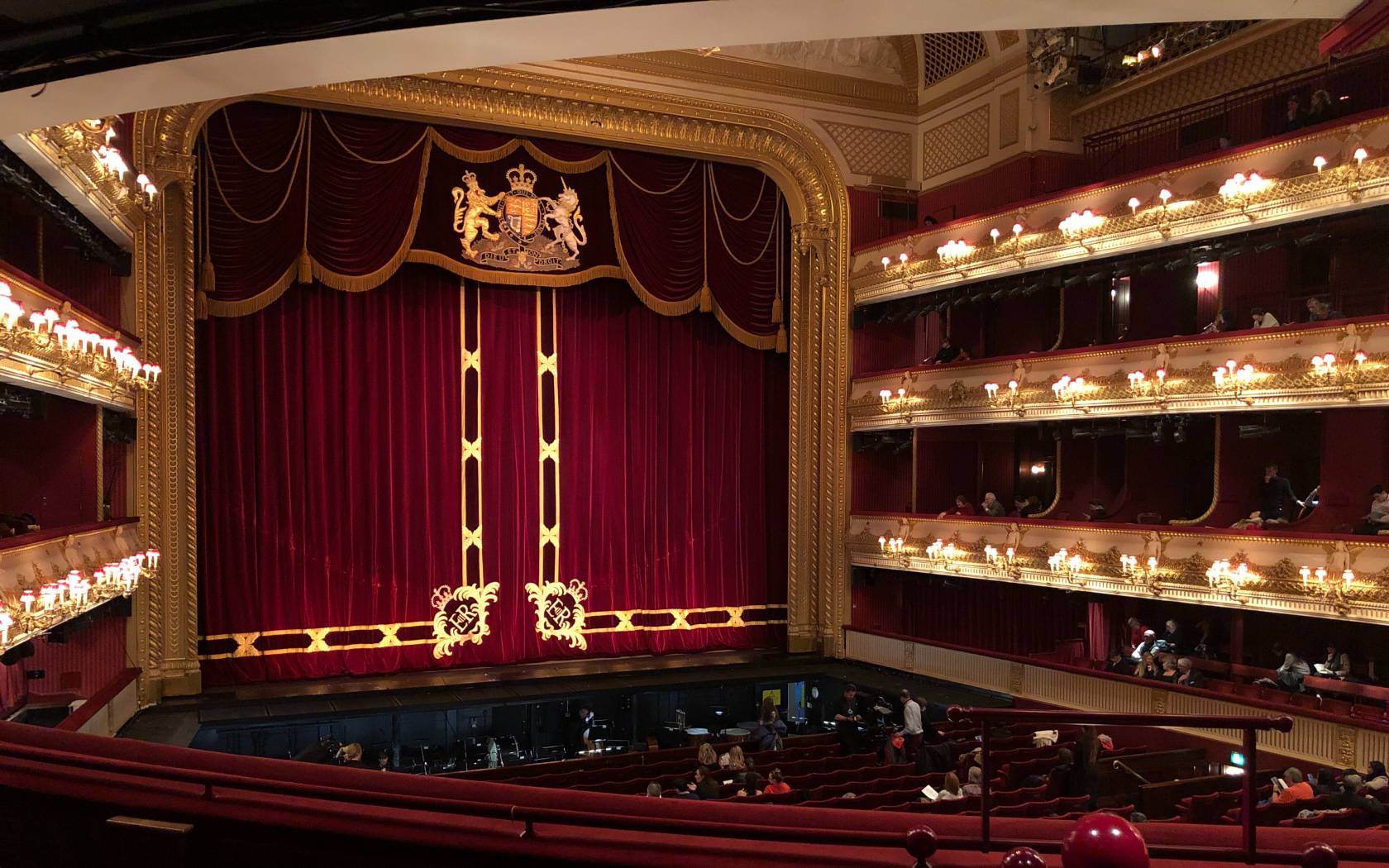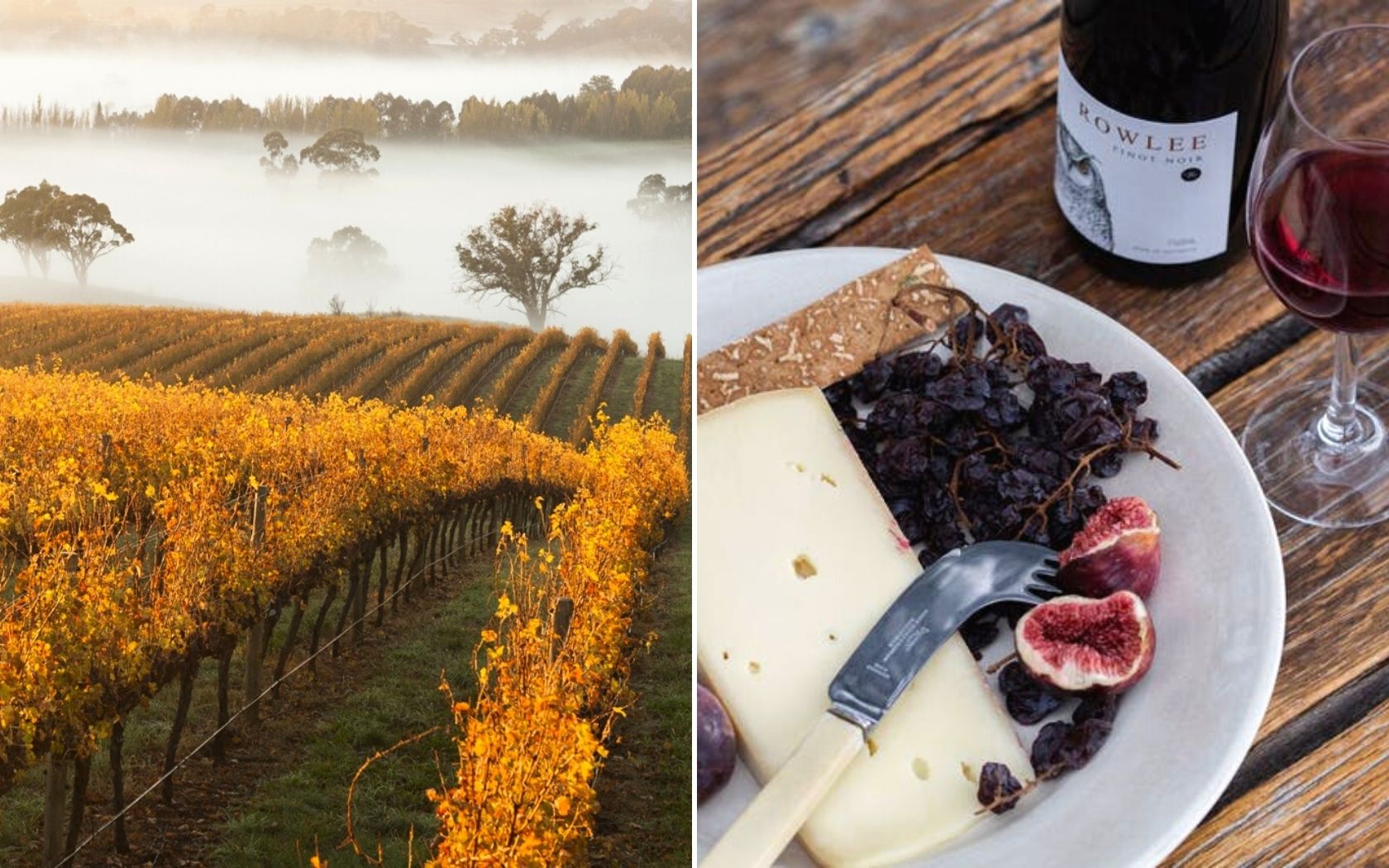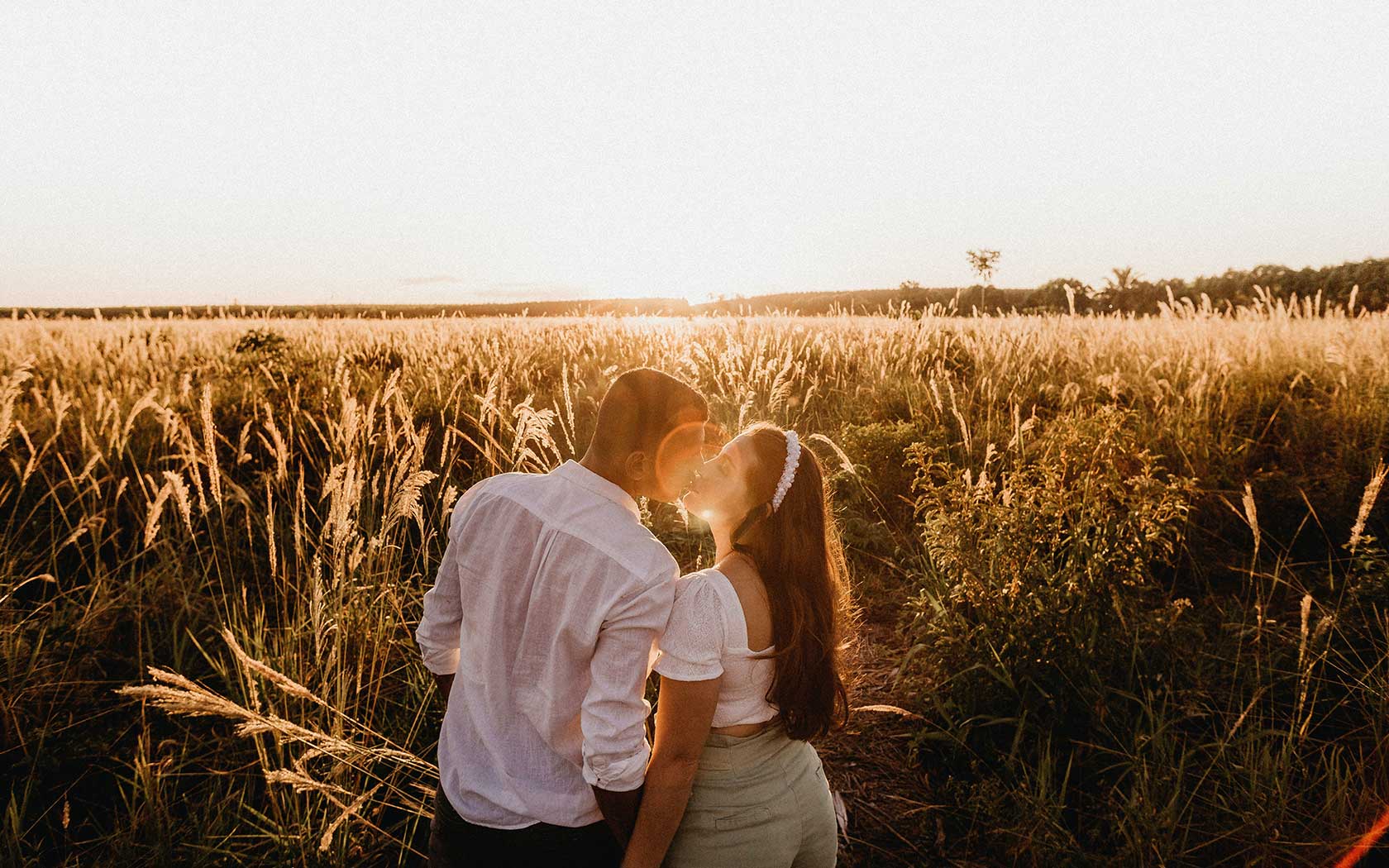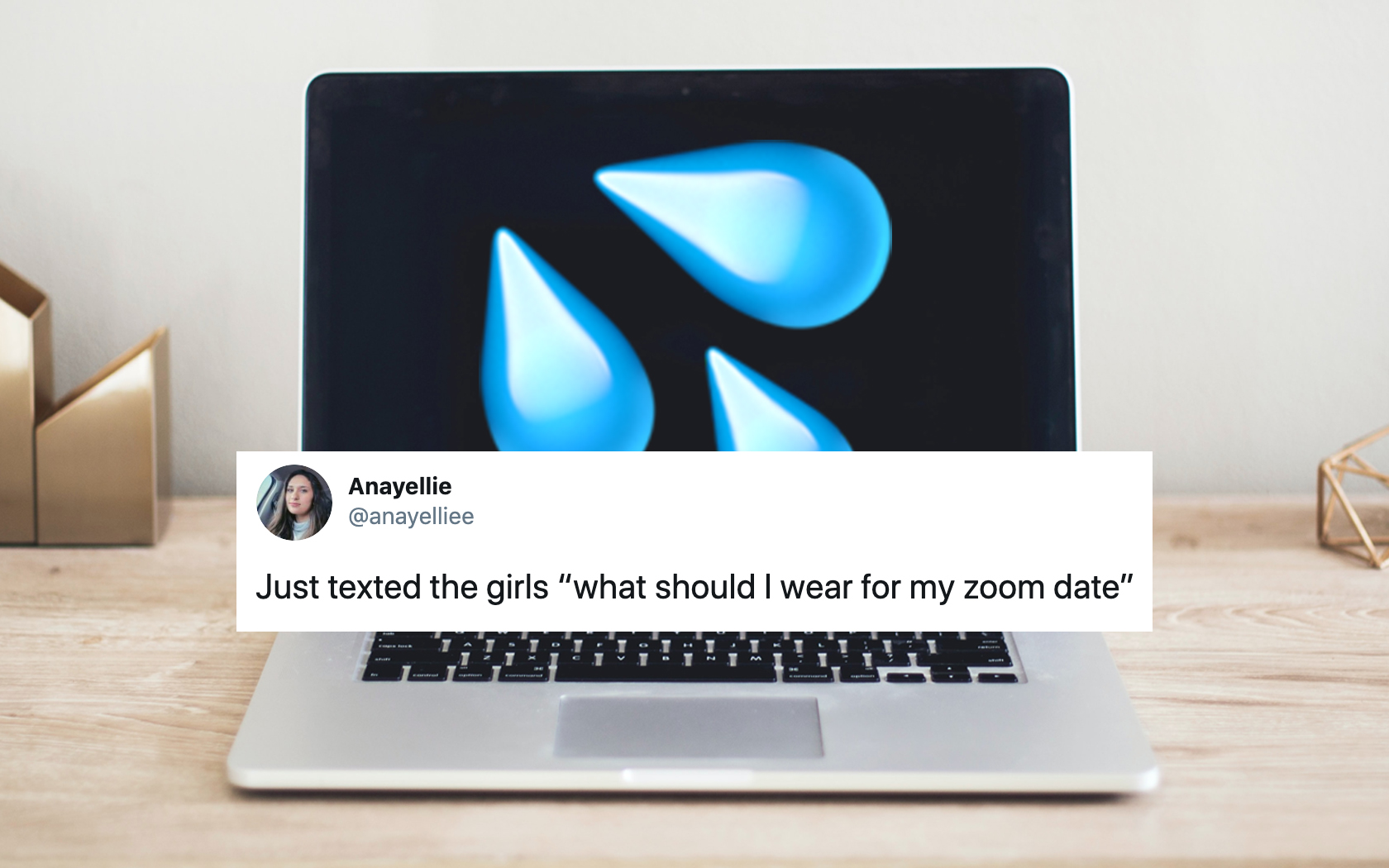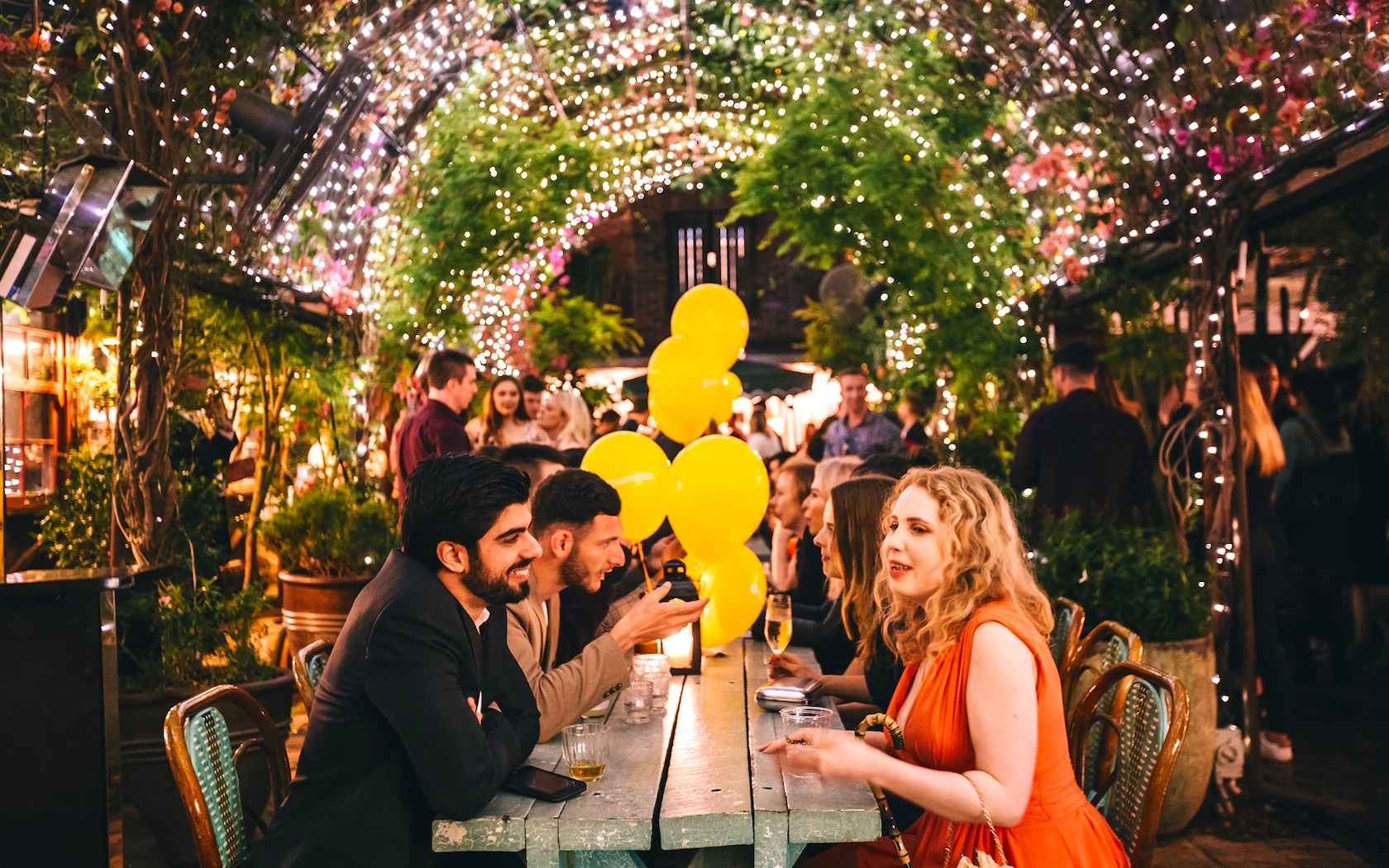Why Do We Fall In Love So Easily When We’re Travelling?
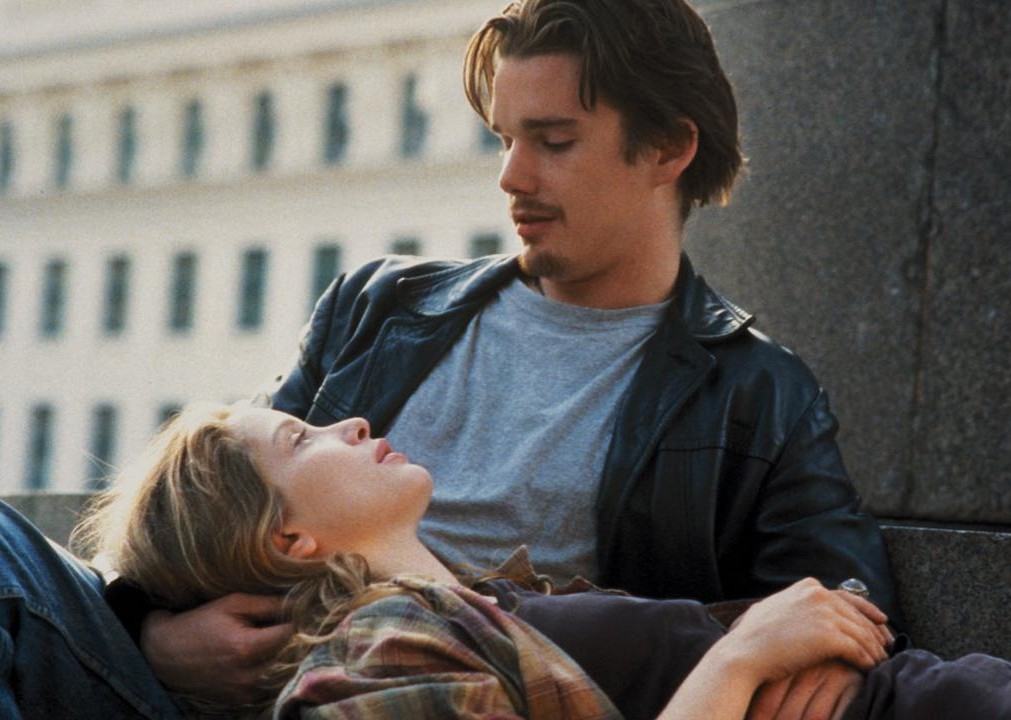
Chelsea McIver is a freelance writer from Melbourne, Australia. She’s…
Ah, the old travel romance. Whether it’s a three-week break or a three-month adventure, no trip overseas seems complete without it.
When I was a younger, more naïve version of myself, Cupid’s arrow found me in a small town in central Italy. I was visiting friends there, and they introduced me to a mysterious Italian man who was intent on getting to know me. With his fine looks, broken English, and eager references to The Beatles’ songs, I gladly reciprocated his affections.
[related_articles]30379,58018[/related_articles]That week passed in a blur of late nights spent in the city centre as part of the annual festa (or festival). By day we travelled to the countryside to visit medieval castles and skip stones in lakes. Then, with the melancholic last days of the European summer, our time together was over.
Since my beau’s hometown was the site of an alleged Catholic miracle, I was certain that Divine Providence would intervene. Sure, he might not have contacted me once I left, but it didn’t matter because our love was in GOD’S PLAN.
So why is it that romance plays such a huge role in travel?
Research says that travel puts you in the mood for love
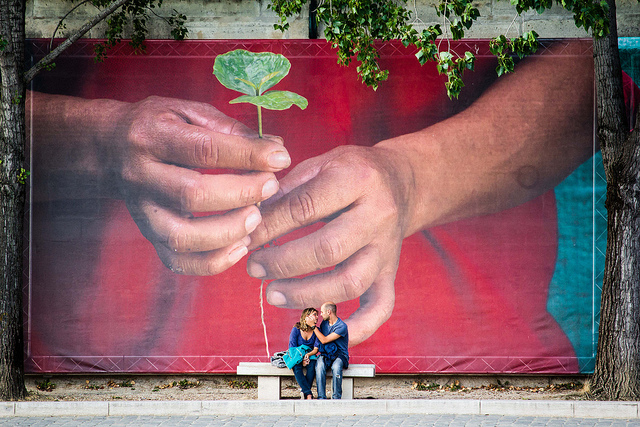
Cross-continental romance may not have worked for me, but it has for many. In fact, 10 per cent of travellers find love while travelling according to a 2014 survey from Intrepid Travel.
This isn’t just coincidence. When put in a new environment, people often experience “positive stress” that raises their adrenaline levels. Research from McKendree University in Illinois found that people with higher levels of adrenaline are more likely to find people more attractive.
Waking up at weird times to catch flights? Alone in a hostel room with a bunch of strangers? Lost in an unfamiliar city? These can all contribute to finding more intimate connections with the people around you.
[related_articles]30379,23265,4112[/related_articles]Dr Anna-Marie Taylor, Clinical Psychologist and Family Therapist, thinks that people become better versions of themselves while travelling.
“You’re out of your normal environment, away from people who may reinforce aspects of your personality and constrain your behaviour in a way that doesn’t happen when you’re away. There’s a kind of freedom that goes with it which is wonderful… you’ve got more energy than you might otherwise, and that’s attractive.”
The proof is in the real-life romances
My friend Vicky is attractive 365 days of the year, but it’s likely she was feeling particularly confident the night she met a German guy on a Barcelona pub crawl. Fast forward eight years, and that same guy is headed for Australia soon as her de facto partner.
Aside from being in the right place at the right time, Vicky thinks her headspace when they first met helped bring them together. “Moving around a lot might mean that you’re less likely to get attached to someone,” she says. “But it also makes you feel really open about making new friends, meeting new people and having new experiences.”
Anastasia*, who lived in London for several years, agrees. “People have no preconceptions of you, so making new friends is exciting. If the other person is also not from that city, you bond very quickly over the shared experience of discovering a new place.”
When you’re a freer version of yourself, a romantic encounter overseas can enhance the experience, as Richard recalls from a trip to Morocco. “At that point in my life I was more self-conscious in a way; I was less inclined to be romantically involved… I’m generally content in life but this was a period of distinct happiness.”
A drunken kind of holiday love
The circumstances of travel mean it’s easier to fall in love, but does that make those feelings less valid? Something fleeting can become something very real, but a heightened level of attraction can also make us vulnerable.
You don’t need to be on holiday to fall in love, but Dr Taylor recommends being especially careful when it comes to romance overseas. “It’s a little bit like being intoxicated which means you’re not all that clear-minded.”
Dr Taylor isn’t speaking in hyperbole – 2015 research from the University of Birmingham found that falling in love is literally like being drunk. This is because of similarities between the behavioural effects of “love hormone” oxytocin when compared with alcohol. While oxytocin is beneficial for emotions like empathy and generosity, it can also be detrimental. It can inhibit a sense of fear, making you more susceptible to trusting people who aren’t worth your time.
Proceed with caution
“Don’t get carried away,” suggests Dr Taylor. “What you see may not be what you get.”
Though rare, there are instances where people might exploit an apparent “romance” for money or a visa. “It’s important to really listen to your intuition more than you ever do,” Dr Taylor explains.
Turning a fling into something proper has challenges of its own, and often means stints of long distances apart. For Vicky, even when she’s in the same city as her partner, someone needs to make a compromise, whether it’s for their career, friends, family or culture.
“Everything kind of leans in one direction,” she explains. There are not only emotional sacrifices but also financial costs to consider, such as flights to visit one another and dealing with different (and often bureaucratic) immigration systems.
For some, a travel romance can change the course of their life. Reflecting on my own experience, this wasn’t meant to be – it’s just that I was more open to and enamoured by the idea of it. That Italian man is appreciated but long gone from my life now. I’ve placed him in my little box of “boys who never really loved me back”, focussing my energy on other suitors a little closer to home.
*Name has been changed
Chelsea McIver is a freelance writer from Melbourne, Australia. She’s slowly spreading her arms around the world in one giant hug so she can experience it all. Her work appears in places that include VICE, Junkee, Broadsheet, Intrepid Travel and The Big Issue. Tweet her @ChelseaMcIver.

